Author: admin
-

Gambling on an empty stomach
When we are hungry, our decisions change. We might become more short tempered, or behave rashly. We investigated what kinds of behaviours change, by studying decision making in healthy people when they were hungry, and when they were full (van Swieten et al, Brain and Behaviour 2023). We take two types of risk. In one…
-
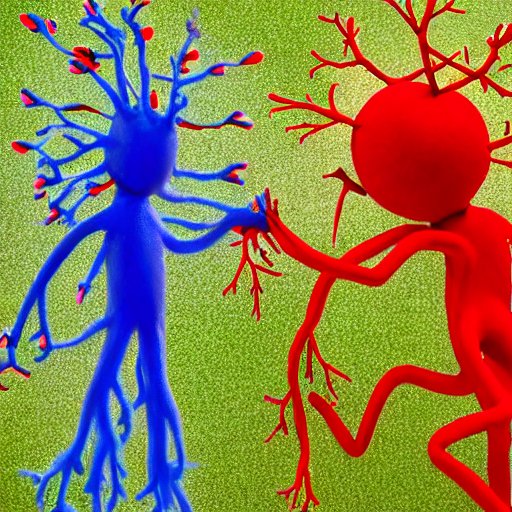
Neurons that rapidly change their selectivity
The activity of neurons carries information because they become active only in particular situations. This is called ‘selectivity’, and it allows a group of neurons to signal the state of the world. We may remember things either by keeping neurons active, or by changing their selectivities. However, we haven’t really worked out how changing a…
-
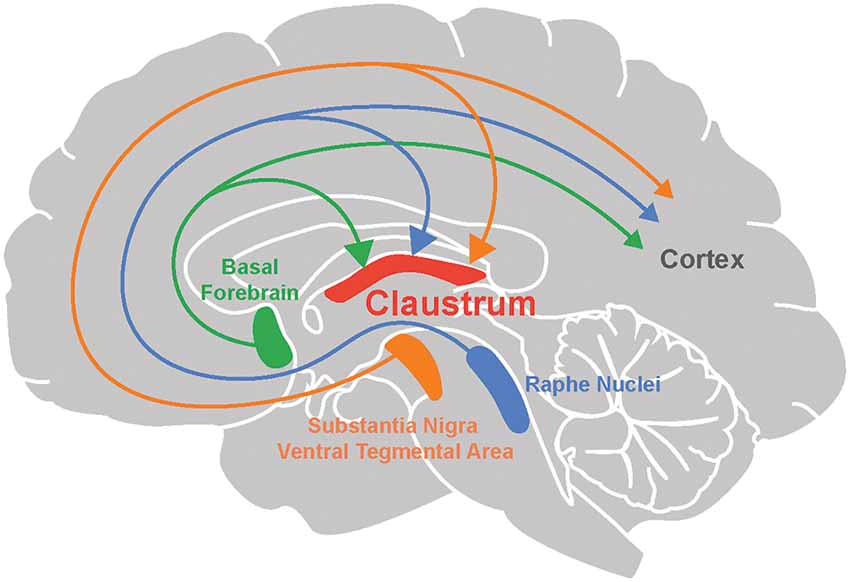
What does the claustrum do?
Here with colleagues from physiology, we review the clinical effects of damage to the claustrum in Atilgan et al. Brain (2022). The claustrum is a thin sheet of neurons in the frontal lobe. Very few reported cases have isolated claustrum damage. In those who did, the findings don’t clearly reflect what you might expect, given…
-

Hunger increases reinforcement learning rate
Sometimes we plan ahead, thinking about future consequences of our actions. Other times, we select actions based only on their immediate reward associations. Planning ahead is crucial to staying healthy, but might be affected by motivation. We asked whether hunger affects planned vs directly reinforced action (van Swieten, Bogacz & Manohar Cogn. Aff. Beh. Neurosci.…
-
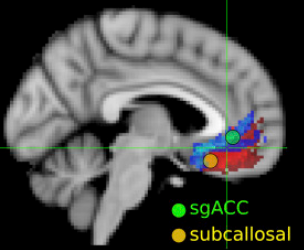
Frontal brain damage makes decisions less biased
Learning from reinforcement is a classic way to study how brain areas contribute to adaptive behaviour. The most frontal parts of the brain probably contribute at a very high, abstract level. In this study (Manohar et al. Cortex 2021), we asked how confident people are in what they have learned. Underside of a human brain…
-
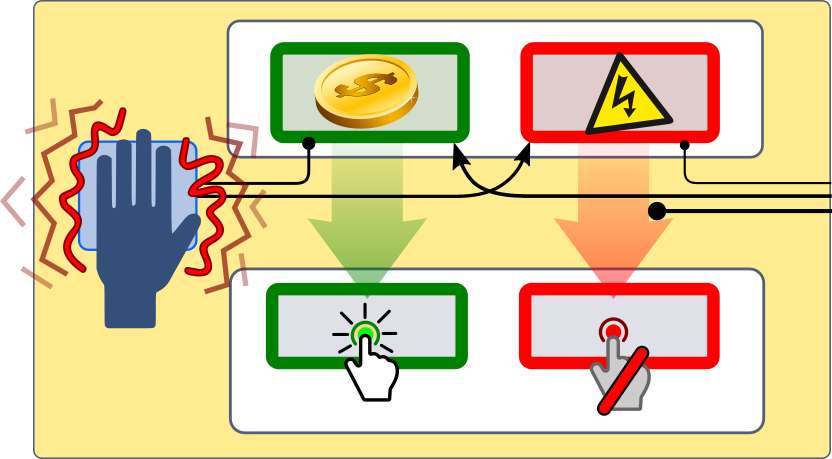
Drugs affect subtypes of Parkinson’s disease differently
In this commentary, I discuss the implications of new work from Hanneke Den Ouden’s lab. The authors subdivided Parkinson’s disease patients into those with and without tremor, and found that learning was affected by dopamine in opposite directions in the two groups!
-
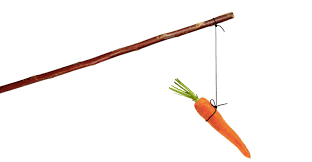
Parkinson’s medication has opposite effects on two kinds of motivation
Patients with Parkinson’s disease lack the brain chemical dopamine. Dopamine is thought to signal upcoming rewards, and this might explain why patients on treatment can develop impulse control disorders. My lab is studying two different ways to motivate people. One way is to reward or punish them based on how well they do — like…
-
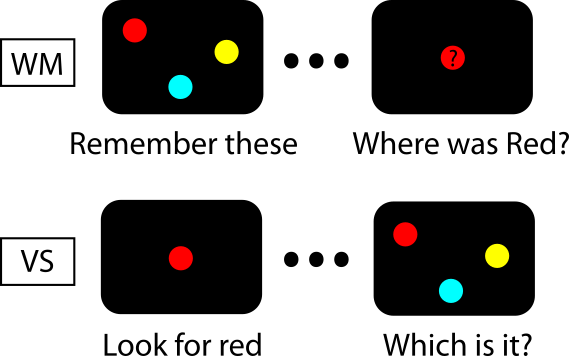
Are working memory and visual search windows into the same neural process?
When you recall an item from memory, a prompt usually brings associated parts of that item into mind. Could this process be the same thing that occurs when you search for a visual target? We tested a neural model designed to perform working memory tasks, to see if it could also perform visual search. The…
-
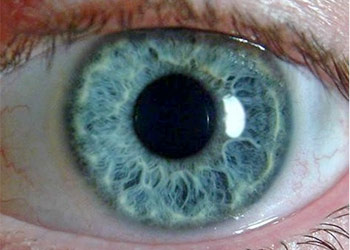
Pupil size betrays contents of working memory
When we hold several things in short-term memory, we can shift our attention internally between different features in memory. For example we might hold two visual objects in memory, and choose to think about one of them. We show that pupils shrink when we are currently thinking of a bright object, in our recent study…
-
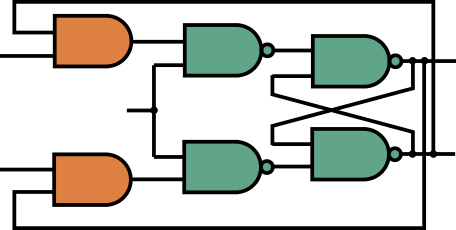
Dopamine can make our working memory more or less flexible
Dopamine drugs are used to treat Parkinson’s disease, and alter a wide range of brain functions. One role of dopamine might be to make information we are currently holding in mind more stable — we are less likely to get distracted. We showed that this effect is crucially dependent on our initial memory capacity. People…